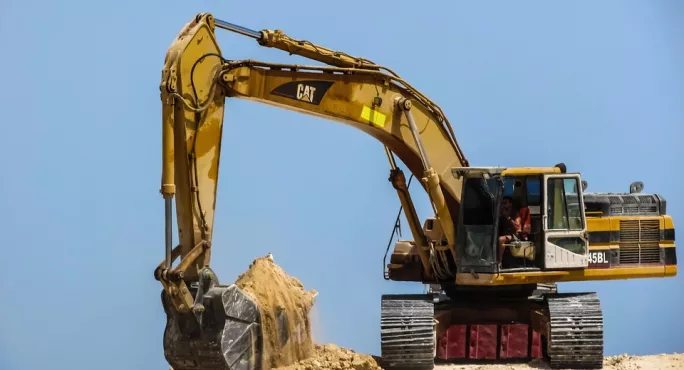The system for funding new schools and new places in existing schools is “increasingly incoherent and too often poor value for money”, according to an influential cross party group of MPs.
The Department for Education is spending “well over the odds” in its bid to create 500 more free schools - while other schools are left in a poor condition, a report published by the House of Commons Public Accounts Committee today says.
The government estimates that 420,000 new school places will be needed by 2021 to cater for the rising school-age population. It has set a target of creating 500 free schools by 2020, and has announced funding for a further 110 free schools beyond that point.
But the committee said: “We remain to be convinced that this represents the best use of the limited funds available.” The average secondary free school place costs 51 per cent more than places provided by local authorities: the figure is 33 per cent for primary places.
As the National Audit Office highlighted in February, the DfE has paid up to 60 per cent more for free school sites than their official valuations suggested they were worth.
At the same time, today’s report notes: “There is insufficient focus on routine maintenance to keep school buildings in good condition and prevent more costly problems in future.” One authority, Hampshire, needed £370 million to repair its school buildings but received only £18 million from the DfE last year.
‘Inadequate premises’
Meanwhile, many free schools are in inadequate premises, including those lacking on-site playgrounds or sports facilities, the report says. It states: “In our view, setting up new primary schools without a playground or secondary schools without sports facilities is storing up problems for the future and limits the effectiveness of schools to deliver the full curriculum.”
Tes last week highlighted the problem of cramped school buildings, which has seen one free school introduce a “seated breaktime” in which pupils are told not to stand or run.
The committee also raised concerns about the effect of setting up free schools in areas where there are few unfilled places.
The DfE estimates that 57,500 of the 113,500 new places in mainstream free schools opening between 2015 and 2021 will create spare capacity in the surrounding area. It is unclear how this is improving parental choice, or to what extent the increased competition between schools is increasing educational standards, the report says.
The MPs called on the government to demonstrate how it will work with local authorities to understand local demand for school places; quantify how well each proposed free school will meet local needs; set out how it will assess the performance of its new property company LocatED; assess the safety of school buildings; consider whether schools can afford to maintain their buildings, and review its criteria for new free schools.
‘Devastating critique’
Mary Bousted, general secretary of the Association of Teachers and Lecturers (ATL) union, said: “The PAC report is a devastating critique of the government’s failure to provide sufficient school places for a rapidly growing pupil population. The report also details the exorbitant costs associated with the setting up of free schools, often in areas where they are not needed, which has the effect, in a rapidly worsening funding crisis, of further reducing the budgets of existing schools in those areas.
“Local authorities are in a catch-22. They are responsible for providing sufficient school places, but cannot build schools to meet the needs of the rising pupil population in their area. This is a ludicrous position for them to be in.”
Geoff Barton, general secretary of the Association of School and College Leaders, said: “Creating surplus places is an inefficient use of public money and damages existing schools where spare capacity is created.
“It is also vital that the next government provides more funding to address the £6.7 billion needed to return all existing school buildings to satisfactory or better condition, and that it provides schools with the revenue funding they need for general maintenance.”
A DfE spokesperson said: “We will consider the recommendations carefully and respond in due course.”




